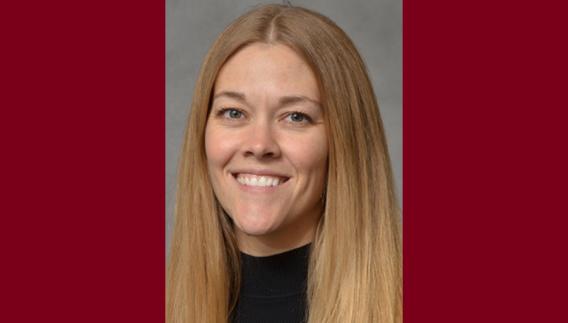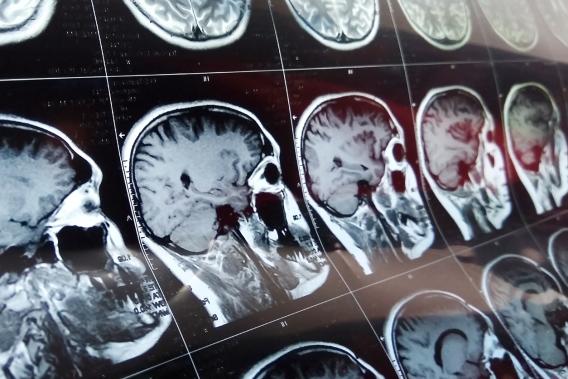What are the odds that a clinical study involving a psychedelic drug gets approved?
While it may seem like a far out possibility, the process was swift and straightforward for Jessica Nielson, PhD, an Assistant Professor in the Department of Psychiatry and Behavioral Sciences and the Institute for Health Informatics, thanks in part to support from the Clinical Research Support Center (CRSC). The center from CTSI and partners helps University of Minnesota investigators navigate the complex clinical research environment and sets up their studies for success.
Exploring new avenues for treatment
Dr. Nielson’s study aims to better understand how psilocybin — the psychoactive compound in “magic mushrooms” — changes the brain, to hopefully find a way to help those who suffer from conditions such as depression, addiction, and post-traumatic stress.
According to the National Institute of Mental Health, one in twelve Americans had at least one major depressive episode in 2020, yet a third didn’t receive treatment. Alarming stats like these have spurred researchers like Dr. Nielson to take action.
“We desperately need new ways to help people suffering from mental illnesses,” says Dr. Nielson. “I’m hopeful that studies like ours can better understand psilocybin’s potential to help those who need it.”
Shortly after Dr. Nielson had begun leading the study, she turned to the CRSC for help.

Strengthening her protocol
Less than a week after Dr. Nielson reached out to the CRSC, the center arranged and conducted a feasibility review for her study.
In a single meeting, she heard from experts on a wide range of clinical research topics who helped strengthen her study protocol for Institutional Review Board (IRB) review. Experts weighed in on areas such as biostatistics, informatics, recruitment, monitoring, clinical implementation, community engagement, and federal and local regulations.
“I was so impressed with their workflow — from helping me develop the necessary language for my protocol to their feasibility review process that helped identify weak spots that could have delayed IRB and FDA approvals,” says Dr. Nielson.

One major challenge the team worked through was how to get psilocybin through the necessary federal, local and institutional approvals. Even though the FDA considers it a breakthrough therapy — a designation given to medications that show improvements over current options — psilocybin is still classified by the Drug Enforcement Agency as a Schedule 1 drug, making it effectively illegal outside of research.
“I’m so grateful for all the CRSC experts who helped make this process less scary and intimidating than I had thought it would be,” says Dr. Nielson. “The CRSC is such a valuable — not to mention, free — resource that every investigator at the University can benefit from.”
Clearing approvals
Over the next year, Dr. Nielson received ongoing protocol support and regulatory support through the CRSC to work through recommendations from the feasibility review and get her study up and running. The support helped position Dr. Nielson for success, and her study cleared all the necessary approvals.
“This was my first clinical research study, and I can’t imagine getting it up and running without the CRSC,” says Dr. Nielson. “Both my FDA and IRB applications went very smoothly and were approved quickly because the CRSC experts I worked with thought of everything that needed to be addressed long before I submitted my protocol.”

